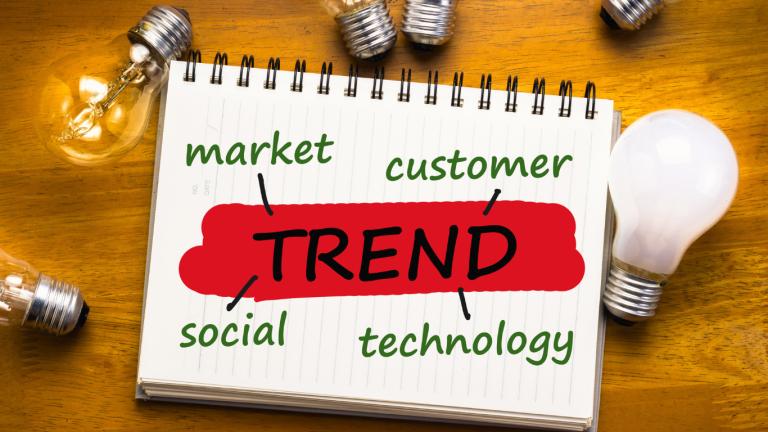
In 2024, McKinsey reported that companies embracing technology-driven innovation and sustainable practices grew 2.5 times faster than their competitors. As we approach 2025, this trend is set to intensify. The global business landscape is increasingly defined by interconnected economic, technological, and geopolitical forces. Leaders must not only stay informed but also act strategically to capitalize
on these shifts. This article explores three pillars of strategic foresight: understanding market trends, unlocking opportunities in emerging markets, and adapting lessons from industry giants to futureproof businesses.
Global Market Trends Shaping 2025
Economic transformations, advancements in artificial intelligence, and geopolitical shifts are creating new opportunities and challenges.
- Economic Landscape: As supply chains recover, focus shifts to localizing production to enhance resilience. The global economy is projected to grow at 2.7%, with Southeast Asia and Africa driving growth.
- Technological Advancements: Breakthroughs in AI and green tech are revolutionizing industries, from predictive analytics in retail to renewable energy solutions in manufacturing.
- Geopolitical Dynamics: With shifting trade alliances, businesses must reevaluate strategies for market entry and partnership in regions like Asia-Pacific and Europe.
Actionable Insight: Conduct scenario planning to anticipate economic and geopolitical risks. This ensures agility in adapting to uncertainties while seizing emerging opportunities.
Emerging Markets: Strategies for Sustainable Growth
Emerging markets such as India, Brazil, and Nigeria represent significant growth potential, accounting for over 50% of the global GDP growth by 2030 (World Bank). However, entering these markets requires a tailored, culturally aware approach.
- Deep Market Research: Understand consumer behavior, regulatory environments, and infrastructure readiness.
- Collaborative Partnerships: Leverage local expertise to navigate regulatory complexities.
- Sustainability as a Differentiator: Incorporate sustainable practices that align with global ESG expectations and local priorities.
Framework for Success:
- Market Fit Analysis: Evaluate product-market alignment through demographic and behavioral segmentation.
- Localization Strategy: Customize offerings to meet regional needs.
- Governance and Compliance: Ensure adherence to regional laws and ethical business practices.
Lessons from Industry Leaders: Thriving Amid Uncertainty
Companies that consistently outperform during crises share one defining trait: adaptability.
- Case Study: Amazon expanded its global footprint during the pandemic by enhancing supply chain resilience and leveraging AI for demand forecasting.
- Key Takeaway: Agile decision-making, driven by real-time data, positions businesses to navigate uncertainty effectively.
Adopt the Playbook:
- Continuous Innovation: Regularly review product portfolios and invest in R&D.
- Workforce Agility: Foster an adaptive culture by training employees to thrive in dynamic environments.
- Customer-Centricity: Reimagine customer experiences using data insights to anticipate evolving needs.
A Unified Approach to Strategic Success
Business leaders must adopt a holistic strategy that interconnects market trends, emerging market opportunities, and resilience lessons from top performers. The future demands adaptability, innovation, and a commitment to sustainable growth.
At IBIACO, we empower businesses with data-driven insights and strategic frameworks to navigate complexities and unlock growth. Contact us today to transform uncertainty into opportunity and lead your industry in 2025.

_medium.png)


















